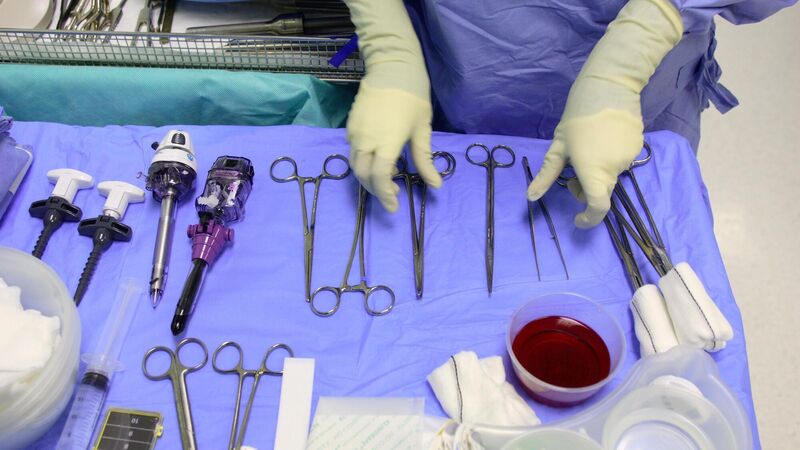Surgeons unable to access operating theatres for up to a year due to support staff shortages

Ireland has 211 operating theatres — one third of the equivalent number in other western European countries, according to the IHCA.
Try from €1.50 / week
SUBSCRIBEHighly trained surgeons are unable to access operating theatres for up to a year due to a shortage of support staff and a failure to allocate patients, a leading doctors’ association has revealed.
The Irish Hospital Consultants Association (IHCA) is calling for significant capital funding to open operating theatres, buy equipment, and recruit a wide range of support staff to ensure surgeons can work to clear waiting lists.
Already a subscriber? Sign in
You have reached your article limit.
Annual €130 €80
Best value
Monthly €12€6 / month
Introductory offers for new customers. Annual billed once for first year. Renews at €130. Monthly initial discount (first 3 months) billed monthly, then €12 a month. Ts&Cs apply.
CONNECT WITH US TODAY
Be the first to know the latest news and updates
Newsletter
Keep up with stories of the day with our lunchtime news wrap and important breaking news alerts.
Thursday, February 12, 2026 - 4:00 PM
Thursday, February 12, 2026 - 6:00 PM
Thursday, February 12, 2026 - 5:00 PM
© Examiner Echo Group Limited